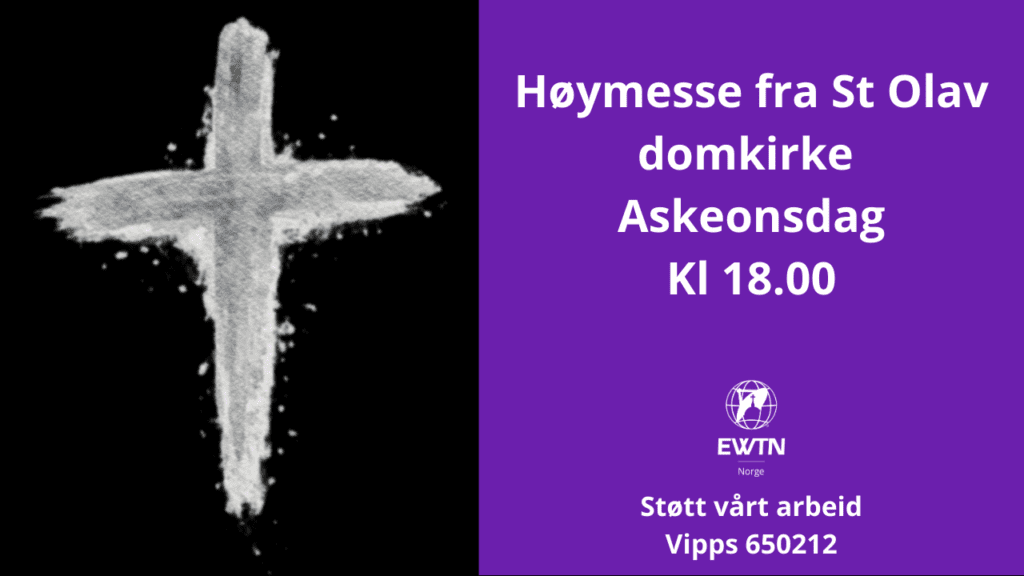Puebla State in Mexico Decriminalizes Abortion; Archdiocese Responds
By Diego López Colín
The Archdiocese of Puebla in Mexico has announced a series of measures to combat “the throwaway culture and the culture of death” following the decriminalization of abortion up to 12 weeks of gestation, passed by the state legislature on July 15.
In a statement posted on Facebook the same day, the Archdiocese of Puebla expressed “its most profound sadness” after the legislators’ vote was announced, deploring that in the state “the right to life is violently denied.”
Faced with the “new ideologies” that “dehumanize the unborn,” the Catholic Church in Puebla announced initiatives through its various pastoral programs to provide a concrete response to the situations resulting from the decriminalization of abortion.
The statement from the archdiocese’s Liturgical Ministry said that prayer and the celebration of Mass will be promoted to “ask the Lord of Life to touch the hearts of those women who have thought about eliminating the life they harbor in the womb, so that they may recognize that the life of their child is sacred and that they should respect it.”
The communiqué also announced that a prayer of reparation will be held on the first Friday of each month until the beginning of the Jubilee Year 2025, for “such a great offense against God, which is abortion.”
The archdiocese also said that its Communications Ministry will carry out a permanent campaign “to raise awareness about the immeasurable value of human life and provide elements of formation in values.”
The Prophetic and Family Ministry will seek to form the new generations “in the healthy experience of human love and sexuality, so that so many unwanted pregnancies can be prevented.”
The Archdiocese of Puebla expressed its concern about how many men abandon women when they become pregnant. To address this, beginning with the initial formation of children in catechism, “family values, responsibility, respect, and self-control will be promoted.”
The Life Dimension of pastoral ministry will continue to “promote, as a great value, the love of life,” and Youth Ministry, among other key points, “will promote the values of fidelity, responsibility, chastity, respect, and the promotion of the ‘civilization of love.’”
Finally, it was announced that the Social Ministry of the archdiocese will continue working “so that charity continues to be the factor that energizes all the action of the Church in favor of the most needy people,” providing necessary support so that people “may be aware of their dignity and maintain hope for a better life.”
“Those of us who form the Church that is on pilgrimage in Puebla are dismayed; however, we do not lose hope that Jesus, the Lord of Life, will triumph over the throwaway culture and the culture of death,” the Archdiocese of Puebla concluded.
This story was first published by ACI Prensa, EWTN Norway’s Spanish-language news partner. It has been translated and adapted by EWTN Norway.




